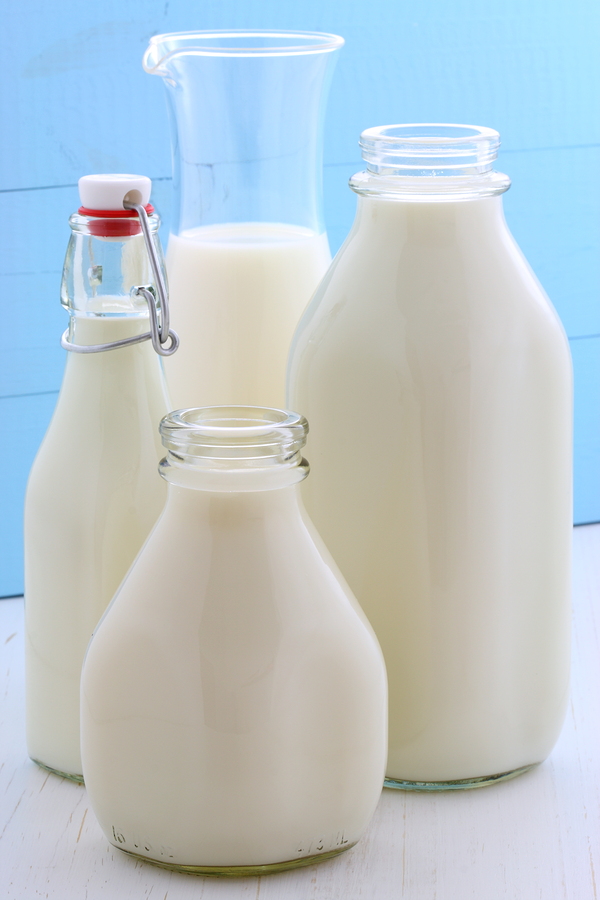October 25, 2018

Elderly adults have a high risk of developing health conditions that relate to age plus wear and tear on the body.
From muscles and bones to teeth and organs, the body needs vitamins and minerals to stay healthy and properly functioning. When aging adults don’t get enough of a vitamin or mineral, the deficiency can cause health issues. One of the more serious vitamin deficiencies happens when seniors don’t get enough vitamin D.
Vitamin D deficiency can cause a lot of health problems in elderly adults. Medical evaluations reveal that as many as 40 percent of Americans in their senior years possess a lower than recommended amount of vitamin D within their bodies. It’s clear that vitamin D plays a significant role in keeping the body strong and properly functioning. Vitamin D also helps prevent numerous illnesses and diseases, especially in elderly adults. Family caregivers need to learn about vitamin D deficiencies, so they can help their elderly relatives avoid those problems.
Vitamin D is produced in the body when it is exposed to sunlight.
When the skin is exposed to UVB rays from the sun, it turns a cholesterol in the body to vitamin D. It has also been added to certain food like cow’s milk, orange juice, and grain cereal. However, most of the vitamin D that people get is produced in their own bodies by exposure to the sun.
Symptoms of vitamin D deficiency can be subtle and often mistaken for other age-related illnesses and chronic conditions. Here are just a few of the symptoms of vitamin D deficiency in seniors:
Seniors who have mobility issues and other physical limitations often don’t leave their homes, resulting in minimum exposure to sunlight.
They also rarely control their meal intake, so they don’t always get fortified foods, either. Of course, there are also vitamin D supplements, but those should only be taken if the aging adult’s doctor approves. Family caregivers should take steps to correct these problems, so their elderly relatives don’t develop vitamin D deficiency.
One way to help aging and dependent relatives avoid vitamin D deficiency is to hire an elder care provider. Not only do these trained professionals help with housework and senior self-care, but they also do meal preparation and assist with mobility and transportation as needed. Elder care providers are ideal for making sure elderly adults get nutritious meals with food fortified with vitamin D. They can also assist seniors on short walks our outings where they can enjoy the sunlight for a little while.
Vitamin D deficiency may not seem like such a big deal, however, it can have a big impact on an elderly person’s health. When family caregivers and elder care providers work together to facilitate plenty of sunshine and fresh air, plus fortified foods and supplements, there will be no need for seniors to worry about vitamin D deficiency.